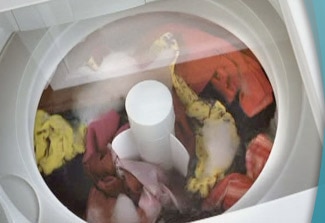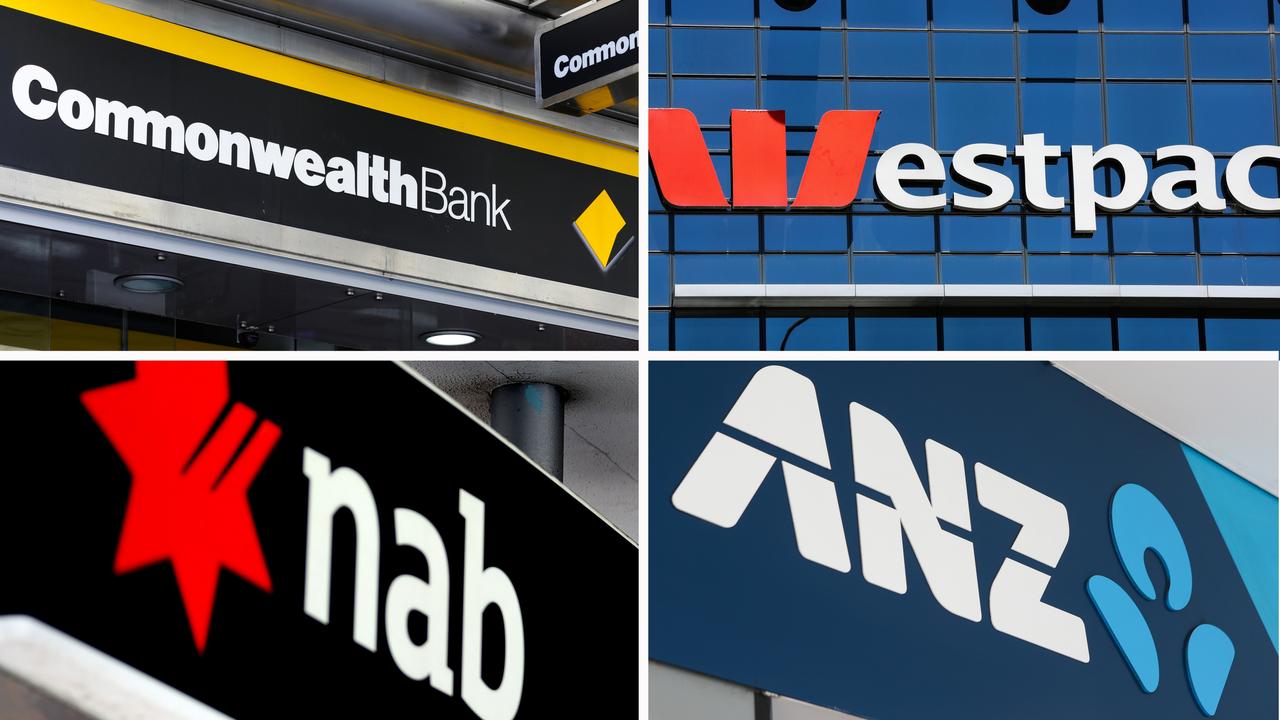Cracking down on money launderers
FROM December, about 40,000 banks, lenders and casinos will have to verify the identity of customers when they want to transact.

Cracking down on money launderers
THE Rudd Government is expected to speed up action against money launderers, especially those operating within the "blue-rinse set'': private financiers, small cash-handling businesses and legal professionals.
Labor has for years lambasted the Coalition over its tardiness in delivering anti-money-laundering and counter-terrorism financing (AML/CTF) laws, with Labor legal affairs spokesman Joe Ludwig criticising the eventual legislation as "half-baked''.
The first tranche of the laws means that from December 12, about 40,000 banks, credit unions, brokers, lenders and casinos will be obliged to verify the identity of customers each time they open an account, obtain a loan, buy traveller's cheques or make an electronic funds transfer.
Customers will need to produce a birth certificate, driver's licence or passport, and frontline staff are bracing for a backlash because people are largely unaware of the rules.
A budgeted $13 million public awareness campaign about the need for identity checks and ongoing monitoring of financial transactions was put on hold during the election campaign.
Under the laws, service providers must also report all kinds of "suspicious'' activity to the AML regulator, AUSTRAC, for further investigation.
The Attorney General's Department has produced a brief fact sheet for financial institutions to give to customers.
AUSTRAC chief executive Neil Jensen called on businesses that were "not yet fully compliant'' to contact it.
"AUSTRAC will use its enforcement powers, particularly in circumstances where businesses are recalcitrant or dishonest,'' he said. Observers say many smaller businesses are struggling to meet the deadline.
James Beaton of law firm Minter Ellison said: "there are still some people who have a reasonable amount of work to do'' before they comply with the rules.
He also expected Labor to advance AML/CTF reform, but hoped there would be further discussion on the second tranche of law.
"There's still a long way to go in policy development. It's embryonic at this point,'' Mr Beaton said. "There's still a lot of detail we'd want to see.''
It's understood Labor is keen to bring the second level of possible money launderers, (including real estate agents, jewellers, lawyers and accountants) into the mandatory suspicious transactions reporting net as soon as possible.
Submissions on the Coalition's proposed second tranche have been considered by the Attorney-General's Department, but any decisions will "be a matter for the incoming Government'', a department spokesman said.
CPA Australia business manager Gavan Ord said the department had indicated it would work closely with the industry to achieve a workable outcome that met AUSTRAC's needs as well.
Labor supported the AML/CTF policy, but it wasn't in favour of splitting the legislation in two,'' Mr Ord said. "We expect it to move more quickly on the second tranche.''
Gary Buttsworth, chief executive of specialist software developer Mastersoft, suggested Labor might take the opportunity to reassess the situation.
"The present law has little chance of delivering anything,'' he said. "The requirement for businesses to know their customer really brings into question the sorts of documents that might be required, and how small businesses can be expected to validate those documents.
"This is a big issue. Anybody who is really trying to conduct fraudulent transactions can drive a truck through existing processes, hence you have to question the validity of doing this.''
Mr Buttsworth said the law was an example of much recent legislation that "wound business up in red tape with very little chance of delivering anything''.



